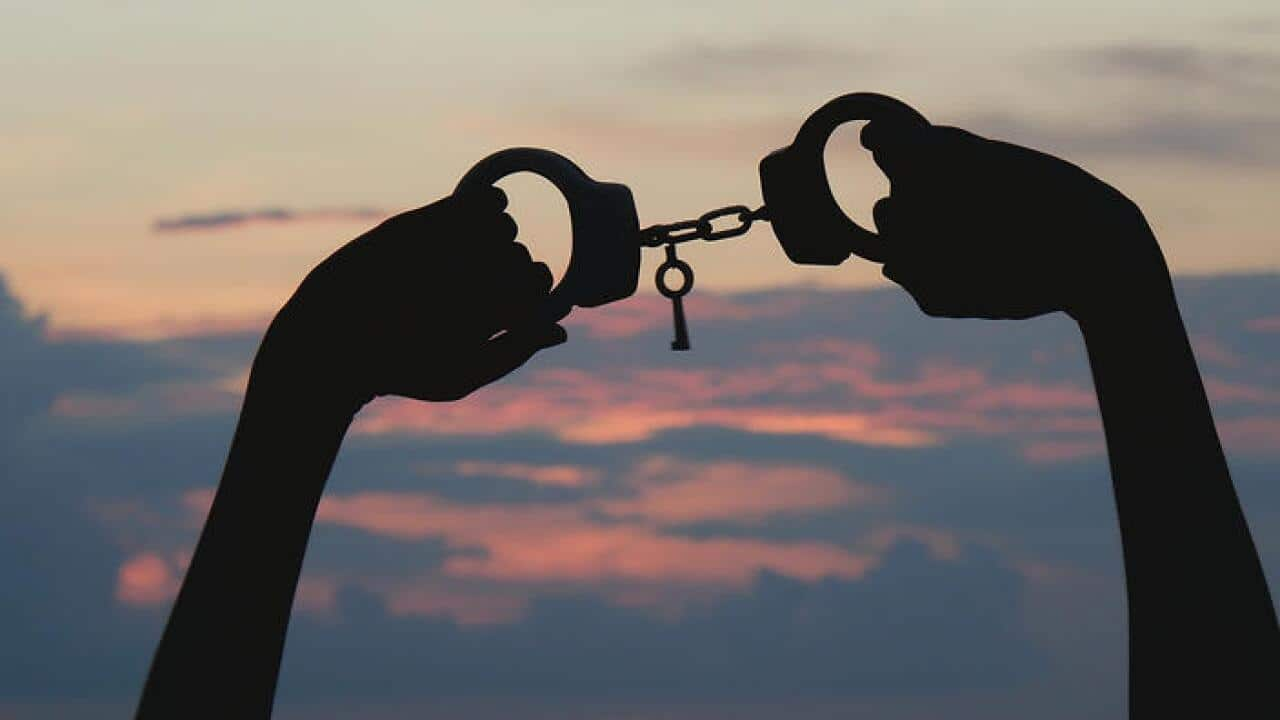The crime of blasphemy has had a bit of publicity lately. British comedian Stephen Fry was recently reported to police in Ireland on accusations of blasphemy, for comments made on TV about what he would say to God if he had the chance.
Jakarta Governor Basuki Tjahaja Purnama aka Ahok was recently convicted and sentenced to two years in prison for blasphemyin Indonesia.
You might also find yourself reported to police or sent to prison for blasphemy in Australia, where is it still a crime.

Jakarta's Christian governor jailed for two years for blasphemy - sbs.com.au
The crime of blasphemy
Blasphemy is a crime against the common law (the body of judge-made law we inherited from England). Only Queensland and Western Australia have abolished it. But it continues to exist in New South Wales, Victoria, South Australia, Tasmania, the Northern Territory, the ACT and Norfolk Island.
The crime is about protecting God and Christian doctrine from scurrilous commentary, and Christian religious sensibilities from offence.
The Federal Court has described the elements of the offence of blasphemy as follows:
The essence of the crime of blasphemy is to publish words concerning the Christian religion, which are so scurrilous and offensive as to pass the limits of decent controversy and to be calculated to outrage the feelings of any sympathiser with or believer in Christianity.
A temperate and respectful denial of the existence of God is not an offence against the law, which does not render criminal the mere propagation of doctrines hostile to the Christian faith. The crime consists in the manner in which the doctrines are advocated. Whether in each case this is a crime is a question of fact for the jury.
In other words, it is a crime to “outrage the feelings” of Christians in respect of their religious beliefs.
The crime of blasphemy is only about Christianity. You are legally free to blaspheme against any other religion.
Why blasphemy laws are bad
- The crime of blasphemy is wholly inconsistent with a secular and religiously diverse Australian society.
- The crime of blasphemy gives official preference to Christianity over other religions, since it is lawful to outrage the religious feelings of adherents of non-Christian religions. The law should not play favourites among religions.
- It also involves the state enforcing religious orthodoxy (correct belief) and religious orthopraxy (correct behaviour) and threatening people who do not conform with criminal punishment. This is not a proper role for the law.
- Blasphemy laws are also contrary to international human rights norms, which Australia is supposed to uphold. The United Nations Human Rights Committee has said in its General Comment 34, outlining its official interpretation of the right to freedom of thought, conscience and religion, that:
- Prohibitions of displays of lack of respect for a religion or other belief system, including blasphemy laws, are incompatible with the [International Covenant on Civil and Political Rights].
When might the crime of blasphemy be abolished?
Abolition in Australia might occur soon. A federal parliamentary committee is currently conducting an inquiry into the right to freedom of religion or belief. I recently appeared before that committee and suggested that the committee recommend that federal parliament use its constitutional power to implement Australia’s international human rights obligations to abolish the crime of blasphemy throughout Australia.

As yet there is no indication of when the committee will hand down its recommendations. Let’s hope those recommendations include abolishing the crime of blasphemy.

Luke Beck, Senior Lecturer in Constitutional Law, Western Sydney University
This article was originally published on The Conversation. Read the original article.
